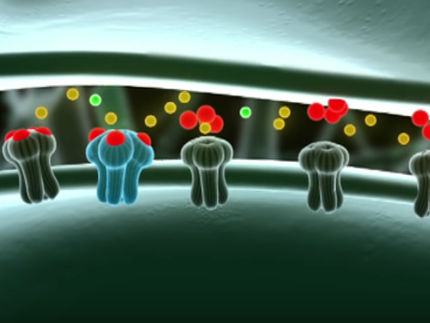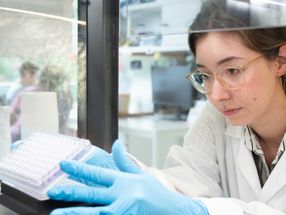Morphochem and Probiodrug collaborate in research and development of novel innovative dipeptidyl peptidase IV
DP IV inhibitors for the treatment of Anxiety and Depression
Advertisement
Morphochem AG and Probiodrug AG have entered into a research and collaboration for the development of novel small molecule therapeutics, initially focused on the inhibition of the serine protease dipeptidyl peptidase IV (DP IV) for the treatment of anxiety and Depression.
Under the multi-year program, Morphochem will apply its evolutionary drug discovery approach using versatile chemical reactions and its proprietary software - MolMind®, to identify compounds from structurally novel compound classes with a profile promising orally bioavailable active drugs. Probiodrug will apply its in vivo and in vitro models to profile the compounds.
Financial terms of the collaboration were not disclosed. Both companies will retain an ownership interest in intellectual property developed under the collaboration. Terms for commercialization of any resulting compounds are already defined in the written agreement between the companies but were not disclosed.
"The ability to use Probiodrug's vast knowledge and established in vitro and in vivo models for DP IV will be an excellent basis for fast and high-quality feedback for Morphochem's evolutionary discovery engine. We are very excited about this opportunity to working with Probiodrug, as they have significant experience of this target," said Dr Sijmen de Vries, Morphochem's Chief Executive Officer.
Commented Dr Hans-Ulrich Demuth, Chief Executive Officer of Probiodrug, "Morphochem is an excellent partner for identifying new small molecules with interesting properties. By combining our respective technologies, this collaboration will maximize the synergies between our biological and chemical areas of expertise and therefore the effectiveness and efficiency of the drug discovery process."
Other news from the department business & finance
These products might interest you

Image Integrity Checker by Cytiva
Image integrity checker software - authenticate your images for publication
Safeguard and verify your image data with our free software

Limsophy by AAC Infotray
Optimise your laboratory processes with Limsophy LIMS
Seamless integration and process optimisation in laboratory data management

ERP-Software GUS-OS Suite by GUS
Holistic ERP solution for companies in the process industry
Integrate all departments for seamless collaboration

Get the life science industry in your inbox
By submitting this form you agree that LUMITOS AG will send you the newsletter(s) selected above by email. Your data will not be passed on to third parties. Your data will be stored and processed in accordance with our data protection regulations. LUMITOS may contact you by email for the purpose of advertising or market and opinion surveys. You can revoke your consent at any time without giving reasons to LUMITOS AG, Ernst-Augustin-Str. 2, 12489 Berlin, Germany or by e-mail at revoke@lumitos.com with effect for the future. In addition, each email contains a link to unsubscribe from the corresponding newsletter.























































